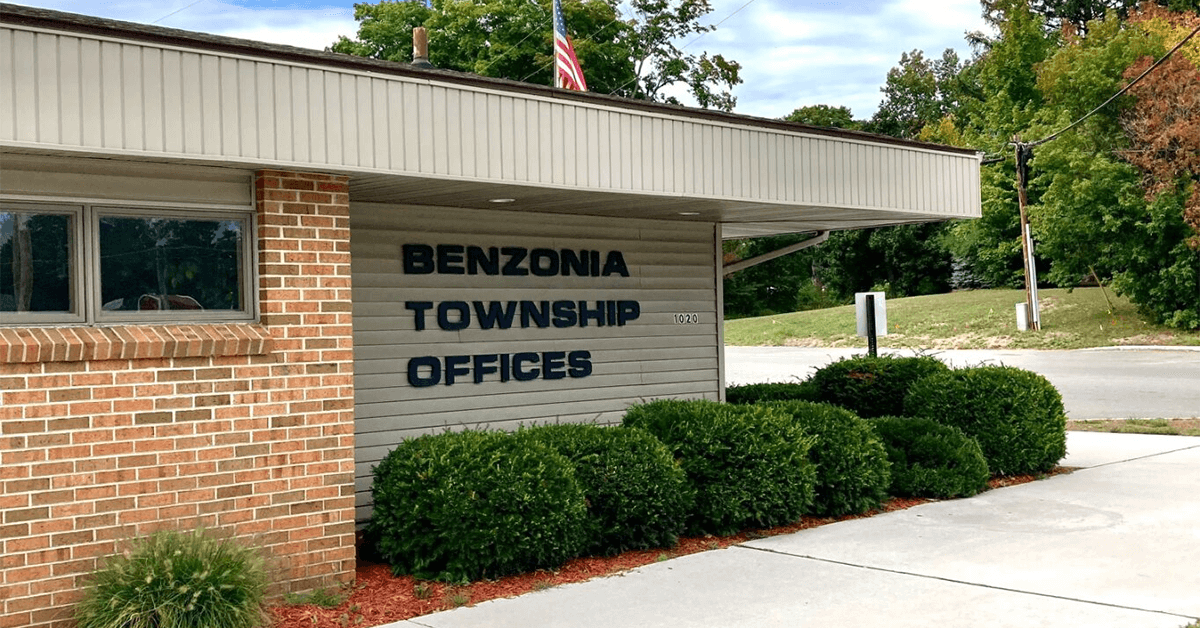Reducing Drug Overdose Deaths through Cannabis Donations

Recent research published in the Harm Reduction Journal highlights the benefits of providing free cannabis through harm reduction organizations as a means to decrease drug overdose deaths and enhance the quality of life for users. This groundbreaking study, based on a cannabis donation program in a rural area of Michigan, represents the first documented instance of such a practice in the United States. Researchers suggest that with supportive state laws, this harm reduction approach has the potential for sustainability.
The study underscores the challenges posed by current regulations surrounding cannabis distribution but acknowledges the significant benefits recognized by harm reduction staff. These benefits include a reduction in premature deaths, improved quality of life, moderation of pain, better recovery outcomes, and increased safety for both clients and the community.
During the study period, from September 2021 to May 2023, ten individuals with previous cannabis experience received weekly donations of cannabis. The recipients, selected by clinical staff based on their interest and suitability, reported various positive outcomes.
One notable case involved a person over 50 who underwent a significant neck surgery but managed to abstain from alcohol during recovery, thanks to the cannabis products received from the program. Another case involved a pregnant woman in her 20s, homeless and dependent on methamphetamine and opioids, who reported a reduction in her use of these substances with the help of donated cannabis products and support from harm reduction staff.
The research also delves into the types and scale of cannabis products donated, with findings indicating that while flower products are predominant in sales, donations mainly consist of edibles, oils, and topicals. The study reveals that the cost of donations is a minimal fraction of total gross sales for the donating cannabis companies, suggesting the economic feasibility of such programs.
Authored by researchers from RTI International, Rutgers University School of Social Work, and San Francisco General Hospital, the study calls for further research to fully understand the implications, legal frameworks, and best practices for cannabis donation as a harm reduction strategy. The ongoing crisis of overdose deaths, largely driven by illicitly produced synthetic substances, underscores the urgency of exploring all potential harm reduction tools, including the safe use of psychoactive substances like cannabis.
This initial inquiry into cannabis donation programs not only demonstrates their practicality but also lays the groundwork for future studies aimed at evaluating their impact on public health, individual well-being, and community safety.
Share this article:
Spotted a typo, grammatical error, or a factual inaccuracy? Let us know - we're committed to correcting errors swiftly and accurately!








 Helpful Links
Helpful Links